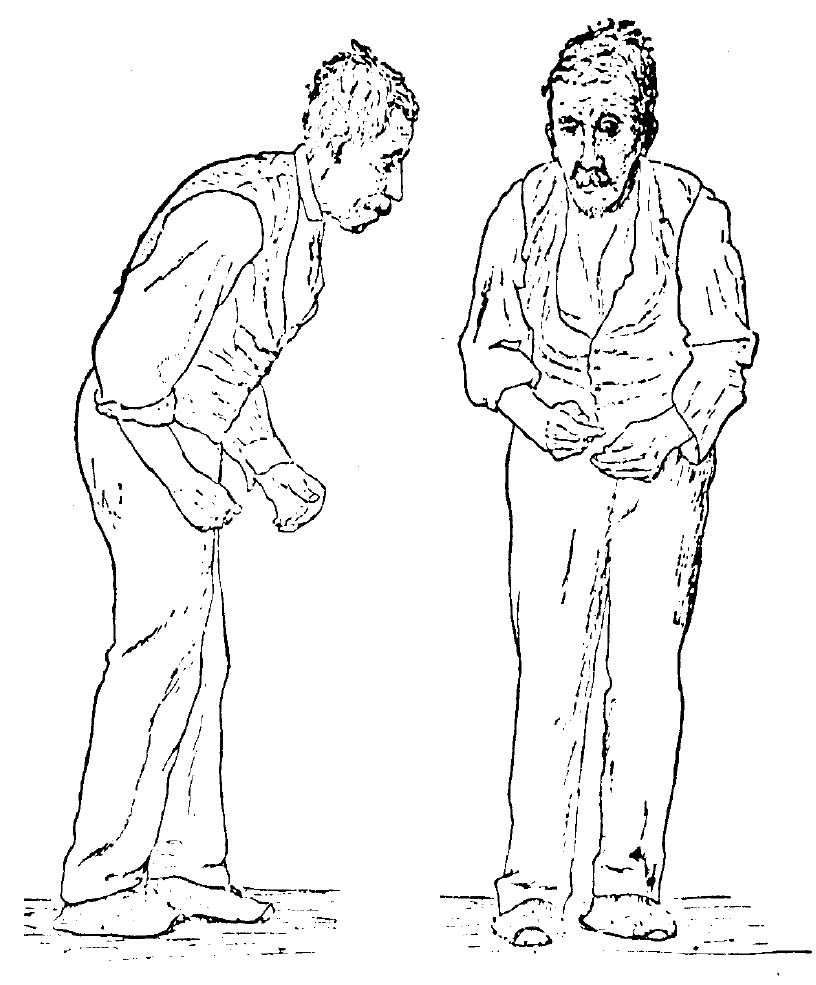
The possibility of using cells of lactobacilli strains to create drugs for the treatment of neurodegenerative diseases, including Parkinson’s disease, was established by a team of scientists from Moscow and Novosibirsk, writes the MIPT magazine “For Science” on July 7.
Researchers from the Laboratory of Bacterial Genetics of the Institute of General Genetics (IOGen) named after him. N.I. Vavilov RAS, Institute of Ecological Engineering, Peoples’ Friendship University of Russia, Institute of Biomedical Chemistry, Physics and Technology School of Biological and Medical Physics MIPT, Institute of Brain of the Scientific Center of Neurology and Institute of Cytology and Genetics SB RAS isolated and studied metabolites secreted by Limosilactobacillus fermentum strain U-21, which have the potential to stop and possibly treat parkinsonism and other neurodegenerative diseases.
These metabolites contain important amino acids and glycosides that can stabilize neuronal activity, maintaining immune homeostasis.
Neurodegenerative diseases include disorders of the nervous system that occur due to long-term progressive degeneration followed by the death of certain groups of neurons. With neurodegeneration, there is a decrease in the sensitivity of the nervous system, a violation of cognitive, motor and strength functions.
Comprehensive studies of the intestinal microbiome of both healthy people and those with pathologies have made it possible to identify those types of bacteria that maintain the homeostasis of the human body, including the performance of neuromodulatory functions.
Modern pharmacology is developing pharmacobiotic drugs similar to those found in nature based on bacteria, inhabitants of the intestinal microbiome, which should treat specific diseases with proven clinical efficacy.
In the Laboratory of Microorganism Genetics of the Institute of Genetics of the Russian Academy of Sciences, the strain Limosilactobacillus fermentum U-21 was selected for such purposes, the basis for the choice was the presence of antioxidant properties; these properties of the strain were confirmed experimentally using in vitro and in vivo models.
This strain was obtained for the first time in this laboratory, so scientists learned about its potential properties as a source of necessary metabolites (postbiotics).
To study the potential of the Limosilactobacillus fermentum U-21 group of bacteria for the treatment of neuroinflammatory processes, researchers used omics technologies: proteomics, metabolomics and transcriptomics.
Diana Reznikova, a master’s student at MIPT, said: “We first identified and quantified proteins expressed by L. fermentum U-21 using proteomic techniques and isolated proteins that play important roles in disaggregation, antioxidant and immunomodulatory activities.”.
The next step was metabolomic analysis, which provided information on low molecular weight metabolites formed during fermentation and allowed the identification of compounds with anti-inflammatory activity: γ-aminobutyric acid (GABA), niacin, aucubin and scylloinositol.
“GABA stabilizes neuronal activity and niacin modulates cytokine production, maintaining immune homeostasis. Aucubin, an iridoid glycoside commonly secreted by plants, has antioxidant properties that address bioavailability issues for therapeutic applications. Scylloinositol, found in vesicles, acts as a chemical partner to reduce abnormal protein accumulations associated with neurodegenerative diseases.”“explained Alexei Vatlin, a researcher at IOGEN RAS.
The studies carried out demonstrated the ability of the lactobacteria L. fermentum U-21 to produce important biologically active substances that have potential for use in the development of pharmacobiotic drugs intended for the treatment of neurodegenerative diseases.
The head of the study, head of the Laboratory of Genetics of Microorganisms at the Institute of Genetics of the Russian Academy of Sciences, Professor of MIPT Valery Danilenko, summed up:
“The results obtained are an important step in preclinical research into pharmacobiotics. We have identified pharmacologically active ingredients that ensure its ability to be a drug candidate for prevention and combined therapy of Parkinsonism. To date, there are no drugs that can cure Parkinson’s disease. A biotherapeutic drug based on a unique strain of lactobacilli that is being studied is the first in the world that can potentially stop and treat Parkinsonism and other neurodegenerative diseases.”.
Researchers from the Institute of Genetic Genetics of the Russian Academy of Sciences, MIPT and the Brain Institute intend to begin clinical trials of the drug in 2025.
The scientists presented the results of the study in the article “Use of omics technologies in the creation of BBPs and postbiotics based on Limos i lactobacillus fermentum U-21”, published in the journal Frontiers in Microbiology.
Source: Rossa Primavera
I am Michael Melvin, an experienced news writer with a passion for uncovering stories and bringing them to the public. I have been working in the news industry for over five years now, and my work has been published on multiple websites. As an author at 24 News Reporters, I cover world section of current events stories that are both informative and captivating to read.
